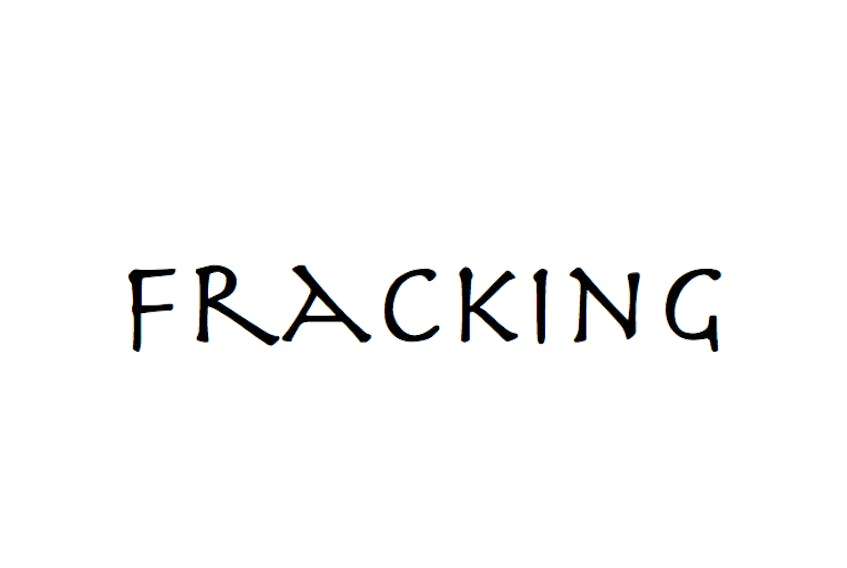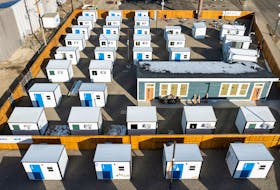In 2014, Nova Scotians across the length and breadth of the province were able to share their views on whether hydraulic fracturing, or fracking, should be allowed here. The overwhelming result of the panel review and consultation was that Nova Scotians and the Mi’kmaq did not want this here, and the new Liberal government moved quickly to formally ban the practice that had been informally stopped under the NDP government — a rare show of crossgovernment continuity.
As was indicated by the call-ins to the CBC’s Maritime Connections program last month, the social licence to end this legislated ban is not there. Every single caller was clearly in favour of maintaining the ban. Mr. McNeil asked to hear from Nova Scotians, and the people have clearly spoken in support of the ban. A few stories cooked up by industry players do not indicate any shift in the people’s opinions.
Not only did the 2014 consultation process result in a ban on fracking, the Wheeler review panel made several other critical recommendations.
The commission’s report not only pointed out the lack of a social licence, it also underscored the need to use the precautionary approach in moving forward with such an industrial practice. That essentially means you don’t try something before you can be sure the risks posed by the practice are known and can be safely mitigated.
As several callers pointed out on that call-in show, the overwhelming majority of peer-reviewed studies of fracking have revealed more, not less, risk. Perhaps more worrying than this, though, are the revelations of the under-reporting of dangerous side-effects of fracking in jurisdictions in both the U.S. and Canada.
A 2017 in-depth study by the Pennsylvania government shows that reporting of fracking impacts on methane leakages and of health effects are far below their actual levels. Similarly, significant multi-year studies of methane leakages from B.C. and Alberta oil and gas infrastructure, including fracking wells, revealed a massive discrepancy between reported and actual levels of methane leaks.
Considering methane is a greenhouse gas “roughly 30 times more potent than carbondioxide” according to Princeton University, this level of under- or mis-reporting is extremely worrying and puts into question the idea that this industry can be effectively regulated.
All evidence continues to point to two conclusions: the real negative impacts of fracking persist, and that this industry is extremely difficult to regulate.
Either one of these pieces of information on its own would be enough to invoke the precautionary principle.
Taken together, along with the clear lack of a social licence, one can only conclude that the legislated ban on fracking must remain.
---Jonathan Langdon is associate professor, development studies program/adult education department, St. F.X. University









